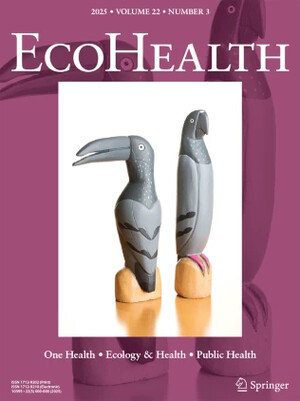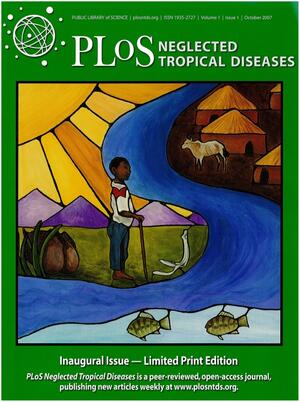
Clapping with Two Hands: Transforming Gender Relations and Zoonotic Disease Risks through Community Conversations in Rural Ethiopia
Abstract
Gender inequalities and zoonoses are major concerns in livestock production systems worldwide. Livestock producers are at high risk of zoonotic diseases due to direct and indirect contact with their livestock and livestock products. Gender differences and inequalities in roles, access to and control over resources, decision-making, and cultural norms influence exposure to, perceptions, and management practices for zoonotic disease risks. Using participatory action research, we tested the effectiveness of community conversations in changing gender relations and practices that expose livestock keepers to zoonoses in three districts of rural Ethiopia. Our findings show that community conversations change mindsets and practices regarding gender roles, access to and control over resources, decision-making in households, handling livestock, and consumption of animal-source foods. Behavioral change happens when women and men diagnose and understand the problem, reflect on the beliefs/norms that determine their practices, make shifts in cognitive and emotional mental models, commit, and take actions. This has practical and policy implications for interventions that aim to change behavior. The process requires nurturing collaborative relations, trust-building, community-driven social learning, enhancing local capacities, breaking belief traps, and complementarity to existing interventions.
Citation
Mulema, A.A., Kinati, W., Lemma, M., Mekonnen, M., Alemu, B.G., Elias, B., Demeke, Y., Desta, H. and Wieland, B. 2020. Clapping with two hands: Transforming gender relations and zoonotic disease risks through community conversations in rural Ethiopia. Infographic.









